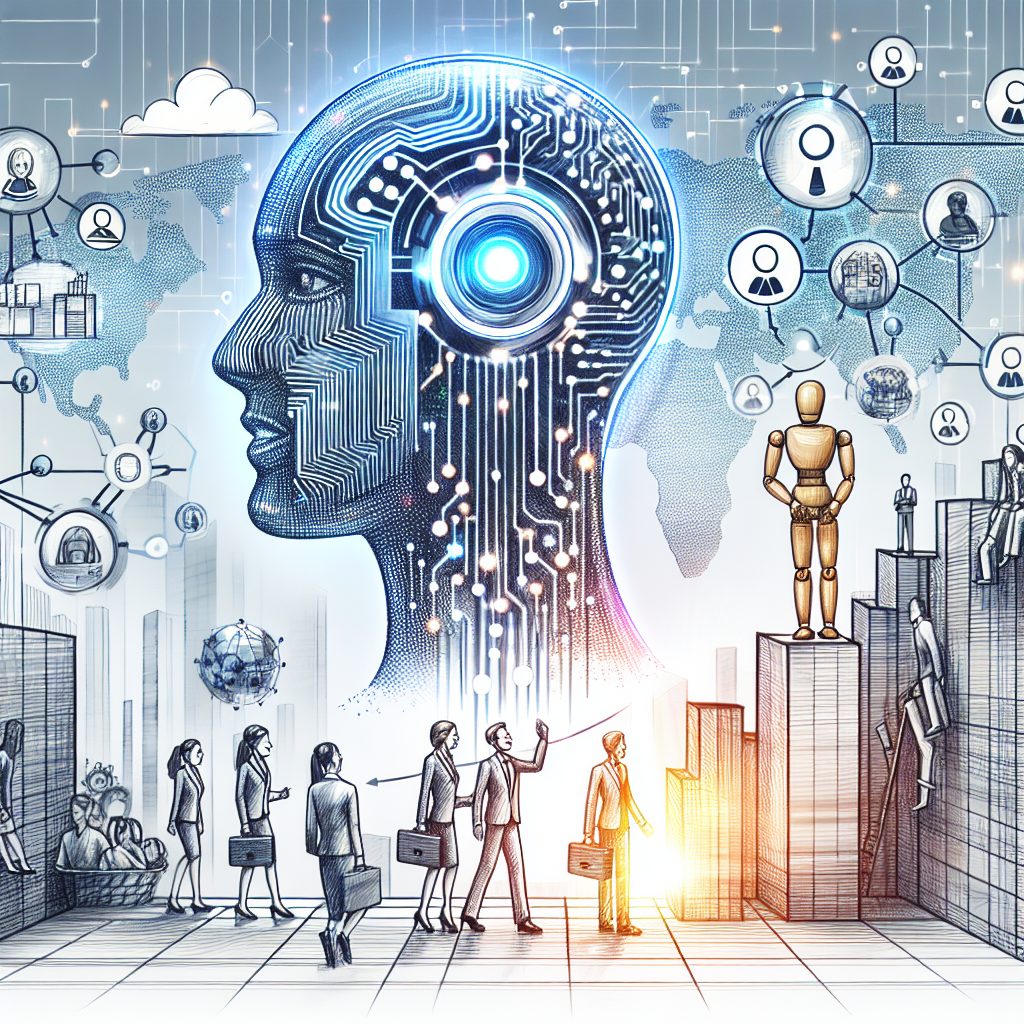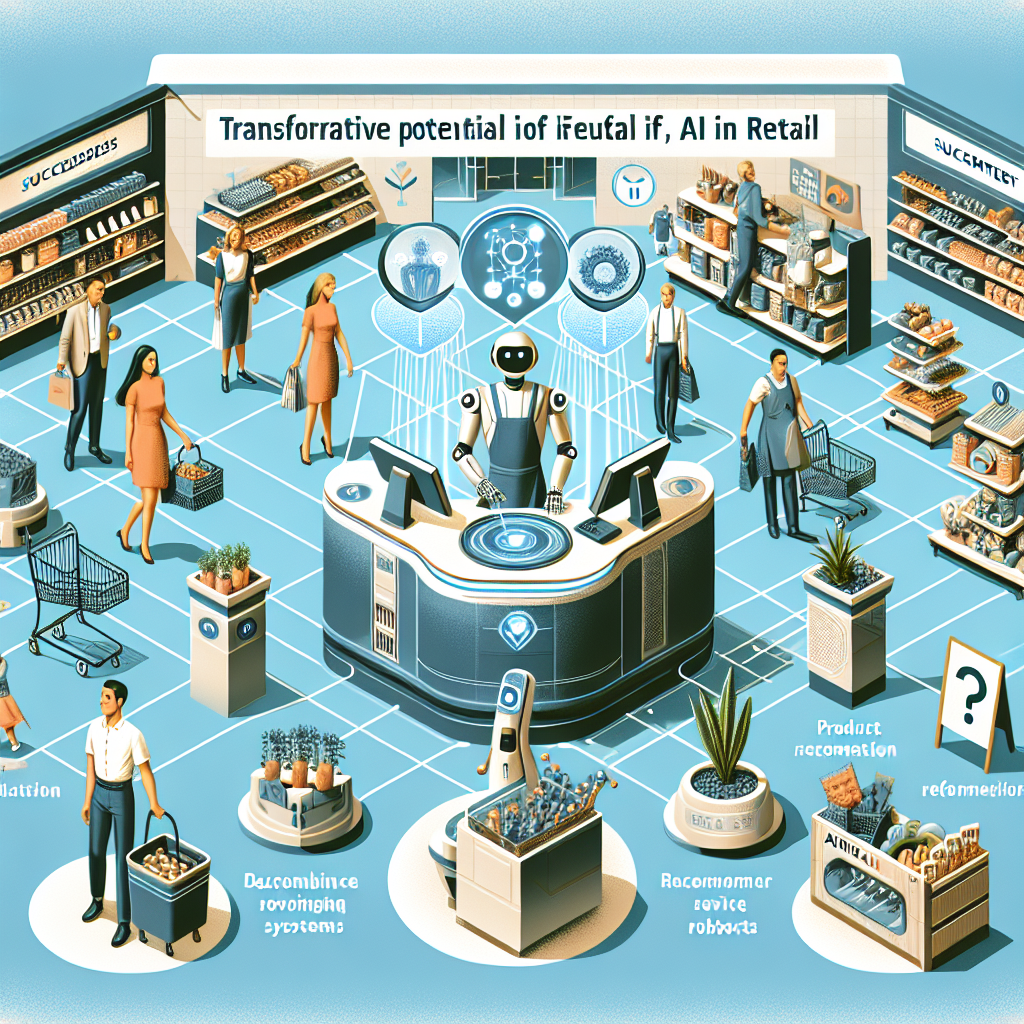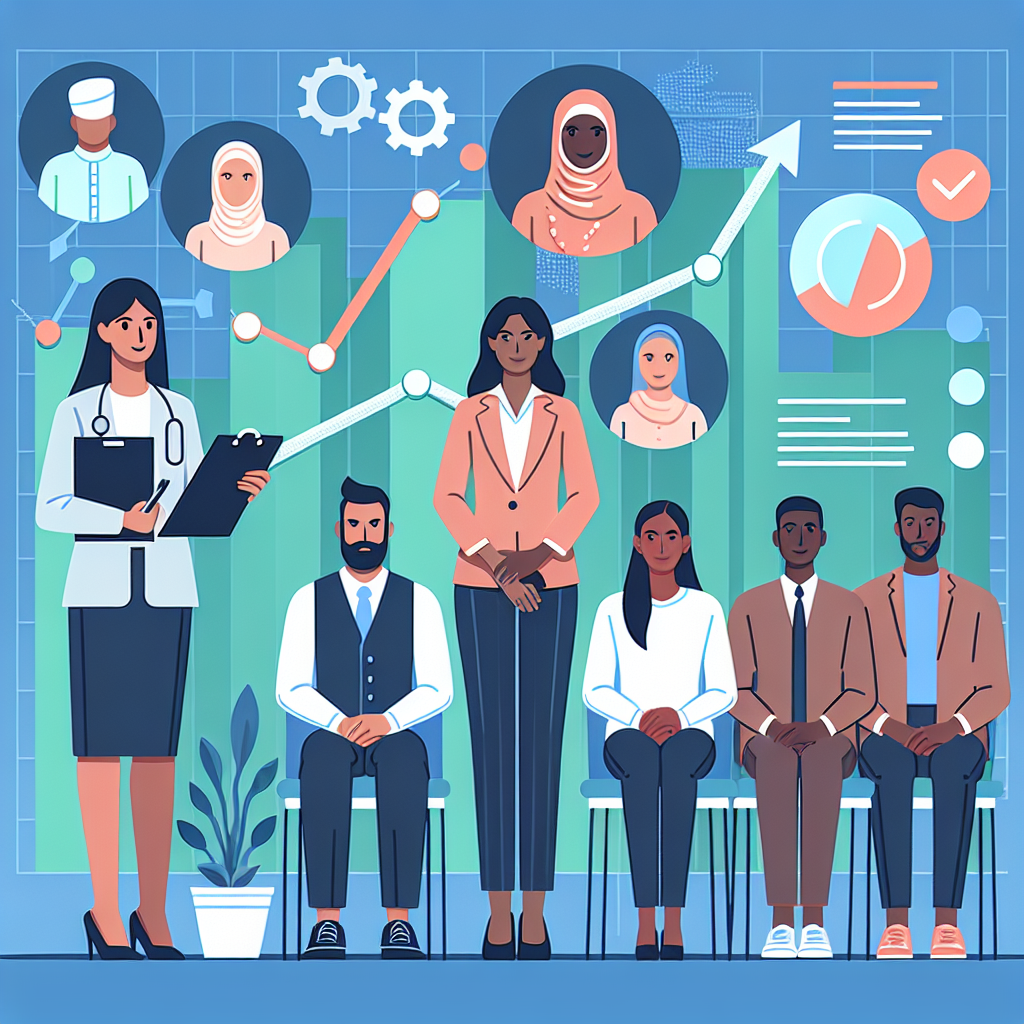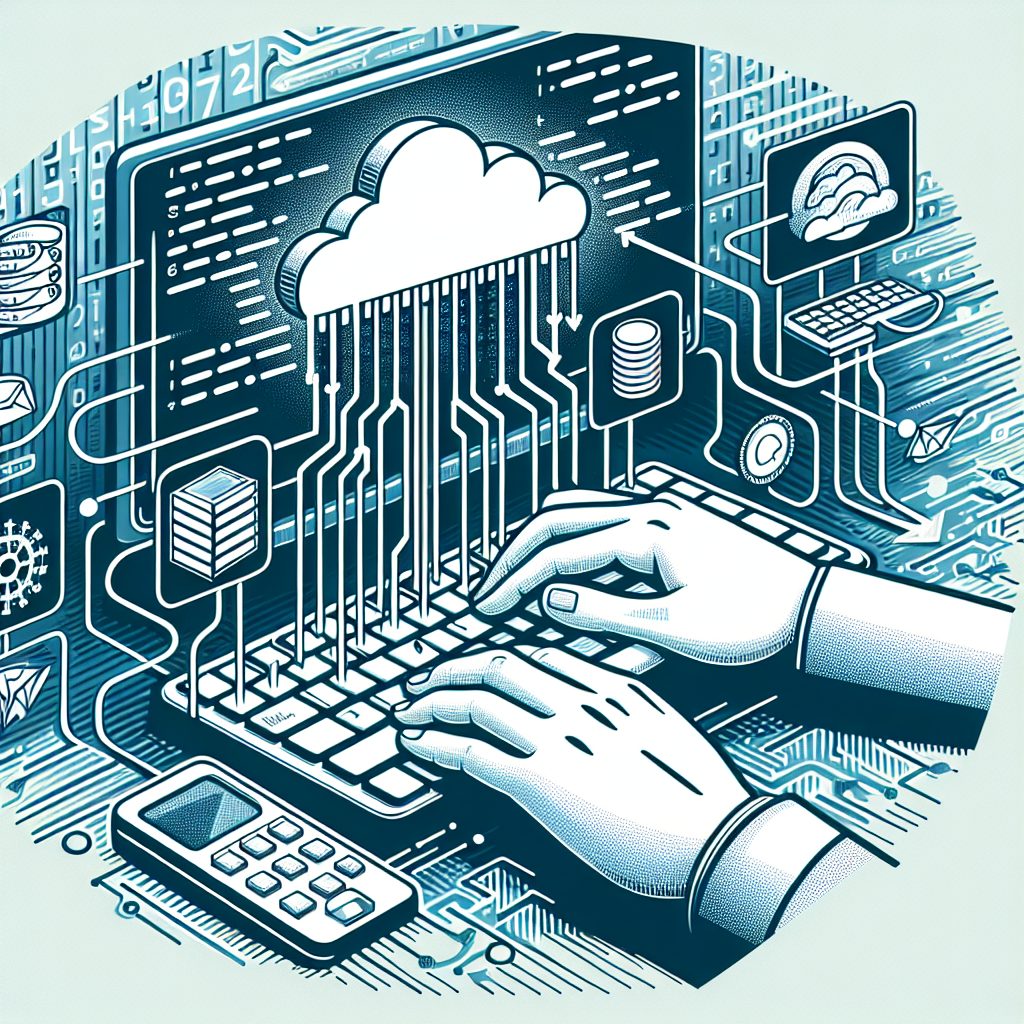AI in Human Resources: Transformative Use Cases, Success Stories, and Challenges

```html
The world of human resources (HR) is undergoing a significant transformation, thanks to the integration of Artificial Intelligence (AI). From recruitment and onboarding to employee engagement and performance management, AI is revolutionizing HR processes. In this blog post, we will explore various AI use cases in HR, share compelling success stories, and discuss the challenges and lessons learned along the way.
AI in Recruitment
AI is streamlining the recruitment process by automating repetitive tasks and enhancing decision-making. AI-powered tools such as HireVue and Pymetrics use machine learning algorithms to screen resumes, assess candidate skills, and predict job performance. This not only speeds up the hiring process but also improves the quality of hires.
However, AI recruitment tools can pose challenges. A well-known e-commerce company faced criticism when their AI recruitment tool was found to have gender biases, favoring male candidates over female ones. This highlighted the need for continuous monitoring and adjustment of AI algorithms to ensure fairness and impartiality.
Onboarding and Training
AI is enhancing the onboarding experience for new employees. Virtual onboarding assistants, like Talla, guide new hires through the onboarding process, answer questions, and provide necessary information. AI-driven training platforms, such as Coursera and Udacity, offer personalized learning paths tailored to individual needs and career goals.
Despite its benefits, AI in onboarding and training can face resistance. A financial services firm encountered hurdles when employees expressed discomfort with AI-driven training programs, preferring human interaction. This underscored the importance of blending AI tools with human support to meet diverse employee preferences.
Employee Engagement and Retention
AI is helping HR teams improve employee engagement and retention through predictive analytics. Tools like Glint and Peakon analyze employee feedback, engagement surveys, and performance data to identify factors contributing to employee dissatisfaction and attrition risks. This enables HR teams to take proactive steps to enhance employee well-being and job satisfaction.
However, utilizing AI for employee engagement isn’t without its challenges. A tech company faced issues when employees felt their privacy was invaded by continuous monitoring. This highlighted the need for transparent communication and data privacy measures to build trust and ensure the ethical use of AI.
Performance Management
AI-driven performance management systems, such as BetterWorks and Workday, are transforming traditional performance reviews. These platforms analyze employee performance data in real-time, offering continuous feedback, personalized development plans, and unbiased evaluations. This approach fosters a culture of continuous improvement and supports employee growth.
Challenges can arise when AI systems overemphasize data-driven metrics. A consultancy firm faced backlash when employees felt that qualitative aspects of their work were overlooked by the AI tool. This demonstrated the need for a balanced approach that combines quantitative data with qualitative insights from human managers.
AI in Talent Development
AI is playing a crucial role in identifying and nurturing talent within organizations. Platforms like Eightfold.ai use machine learning to map employees’ skills and recommend personalized career development opportunities. This not only helps employees grow but also ensures that organizations have a skilled and adaptable workforce.
Yet, implementing AI in talent development poses challenges. One manufacturing company found that their AI tool struggled to offer relevant development opportunities for niche roles. This highlighted the importance of continuously updating AI models to keep pace with evolving job roles and skill requirements.
The Future of AI in HR
The future of AI in HR looks promising, with advancements anticipated in areas such as emotional AI for understanding employee sentiment, blockchain integration for secure HR transactions, and advanced people analytics. AI’s capabilities in data analysis, automation, and personalization will continue to drive significant transformations in HR.
To fully leverage AI’s potential, it is crucial to address ethical considerations, ensure data privacy, and balance AI technology with human touch. Collaboration between HR professionals, technologists, and business leaders will be key to successful and responsible AI implementation in HR.
In conclusion, AI is transforming HR through applications in recruitment, onboarding, employee engagement, performance management, and talent development. Success stories from companies like HireVue and BetterWorks highlight AI’s transformative potential, while challenges emphasize the need for continuous refinement and ethical practices. As AI technology advances, its role in HR will expand, offering new opportunities for innovation, efficiency, and improved employee experiences.
```



